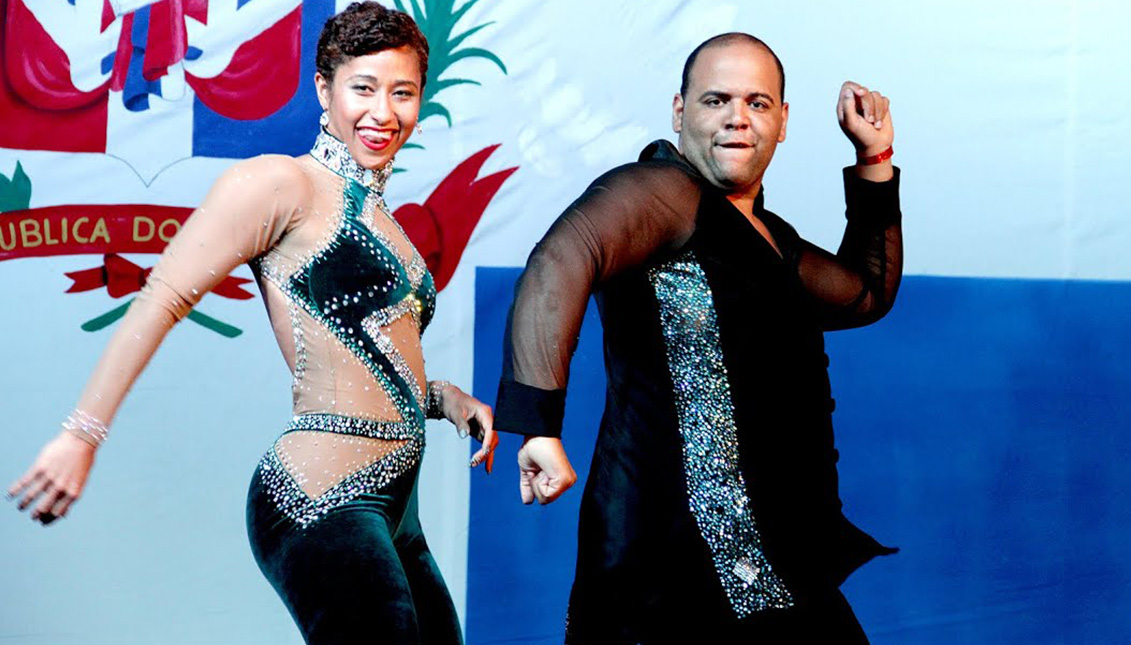
It's official: Bachata is world heritage
UNESCO has given the Dominican Republic the certificate that says the musical and dance genre belongs to all of us.
With ambassadors as well known as Juan Luis Guerra and Victor Victor, one of the main promoters of this genre of Caribbean music that is danced and enjoyed all over the world, bachata is now as much a part of the heritage of humanity as the Taj Mahal.
The decision was made by the United Nations Educational, Scientific and Cultural Organization (UNESCO), which presented a Dominican delegation at its headquarters in Paris with a commemorative certificate in a moving ceremony that also honored the singer Victor Victor, who recently passed away from COVID-19.
The ceremony held on Thursday was broadcast on Zoom and among those present were singer-songwriter José Antonio Rodríguez and Victor's widow, Sobeida Ferreras, who passed on words of gratitude.
Tim Curtis, secretary of the 2003 UNESCO convention for the safeguarding of cultural heritage, also took the opportunity to congratulate the Dominican Republic and said the entry of bachata on the list "is a recognition of the importance of this expression, which is both traditional and contemporary, for the various cultural groups and communities that practice it."
Considered the most popular Latin genre — even more so than salsa or merengue — the origin of bachata cannot be separated from the history of the Dominican Republic and the airs and graces of freedom born in the 1960s, right at the end of the three decades of dictatorship under Rafael Trujillo.
RELATED CONTENT
Although at first it was considered a variant of the bolero and saying "bachata" was synonymous with "fiesta," the genre was influenced by other styles until it became the dance of the common people. It was even considered more of a music of poor neighborhoods and rural areas of Santo Domingo, with pioneers such as composer José Manuel Calderón, whose 1962 song "Borracho de Amor" is considered the first recording of bachata.
However, in the late 1980s and early 1990s, bachata became the Dominican music par excellence, played on radio stations all the time alongside its great representatives, such as Juan Luis Guerra and his Bachata Rosa, which brought these rhythms to new generations.
Today there are many artists, such as Shakira or Zendaya who, without being completely bachateros, introduce it into their pop repertoires. Or they fuse it with styles such as tango, as the Uruguayan Pablo Alejandro, nicknamed 'the gentleman of the bachata,' does.
There are also those who cling to the origins, of which he was a part, like Luis Segura, the father of bachata, who, coinciding with the certification by UNESCO, is preparing his latest record, which includes great classics and collaborations with other pioneers like Leonardo Paniagua or Víctor Víctor.
With artists like Segura still active, some say bachata symbolically gives way to new artists and closes the circle. In the end, there is nothing more organic than music, and nothing more eternal, as the UNESCO declaration shows.



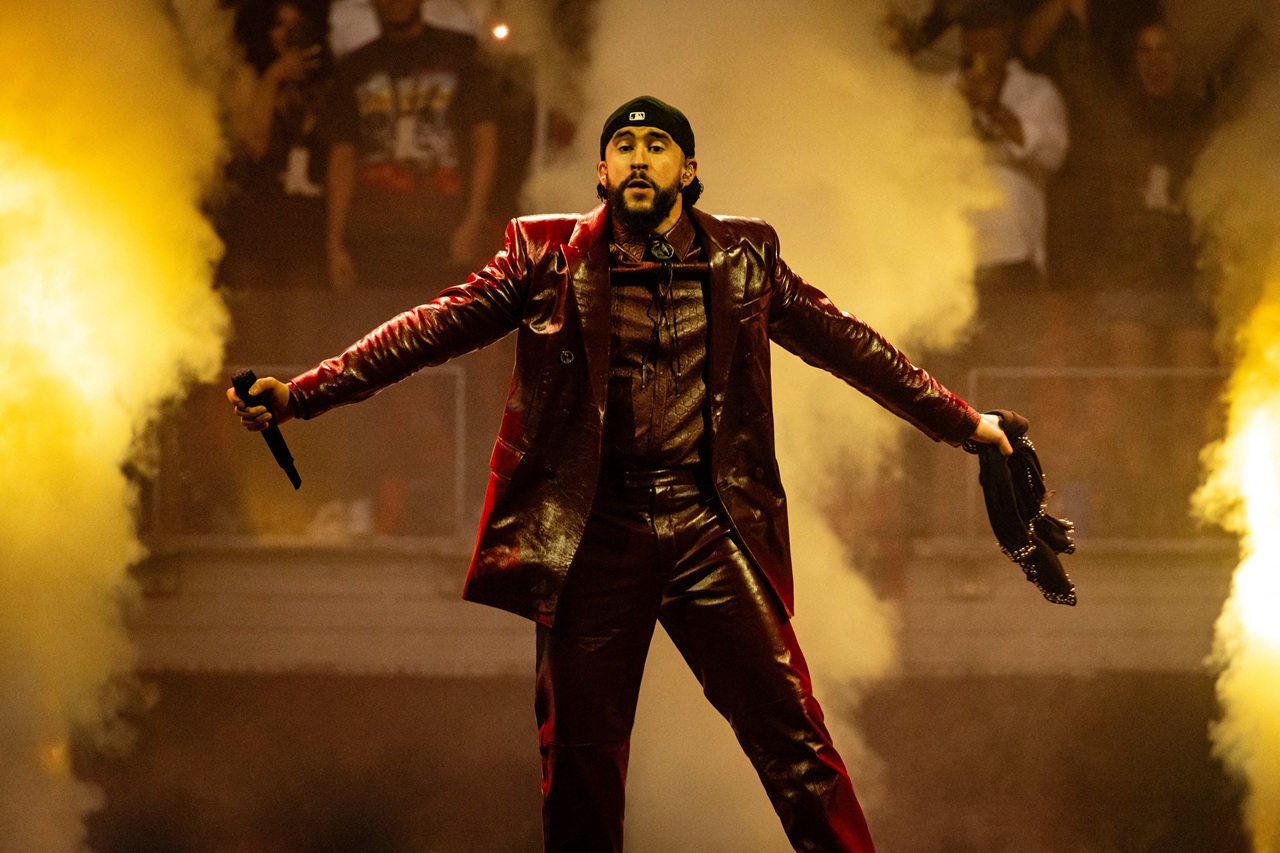
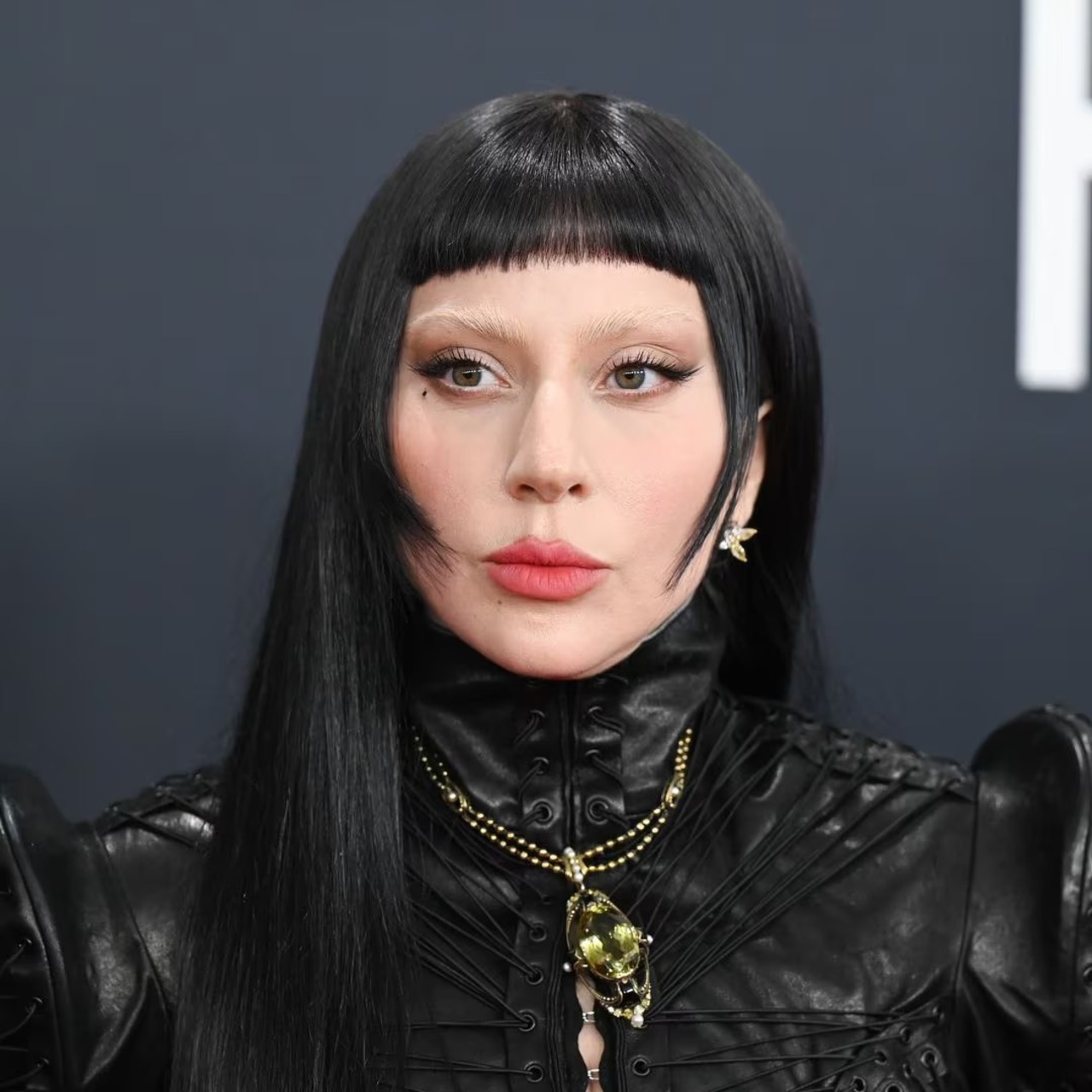
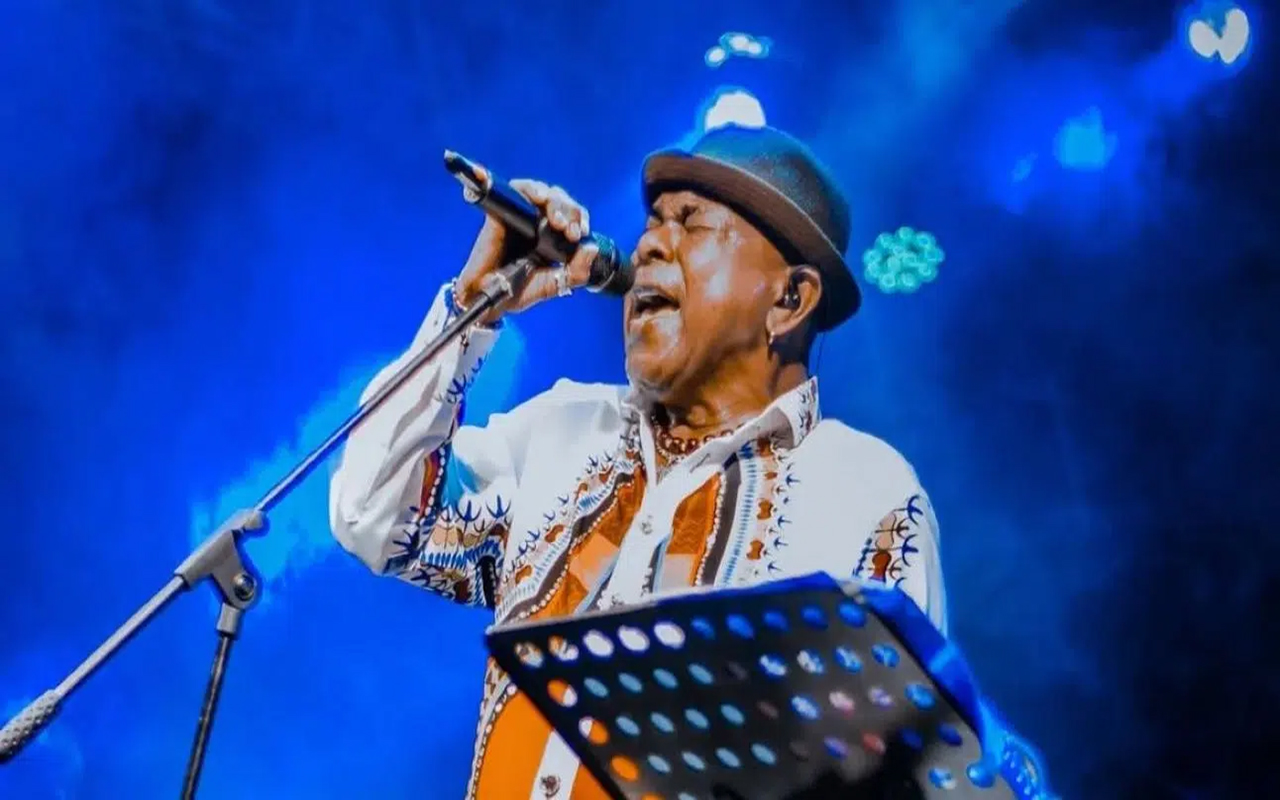
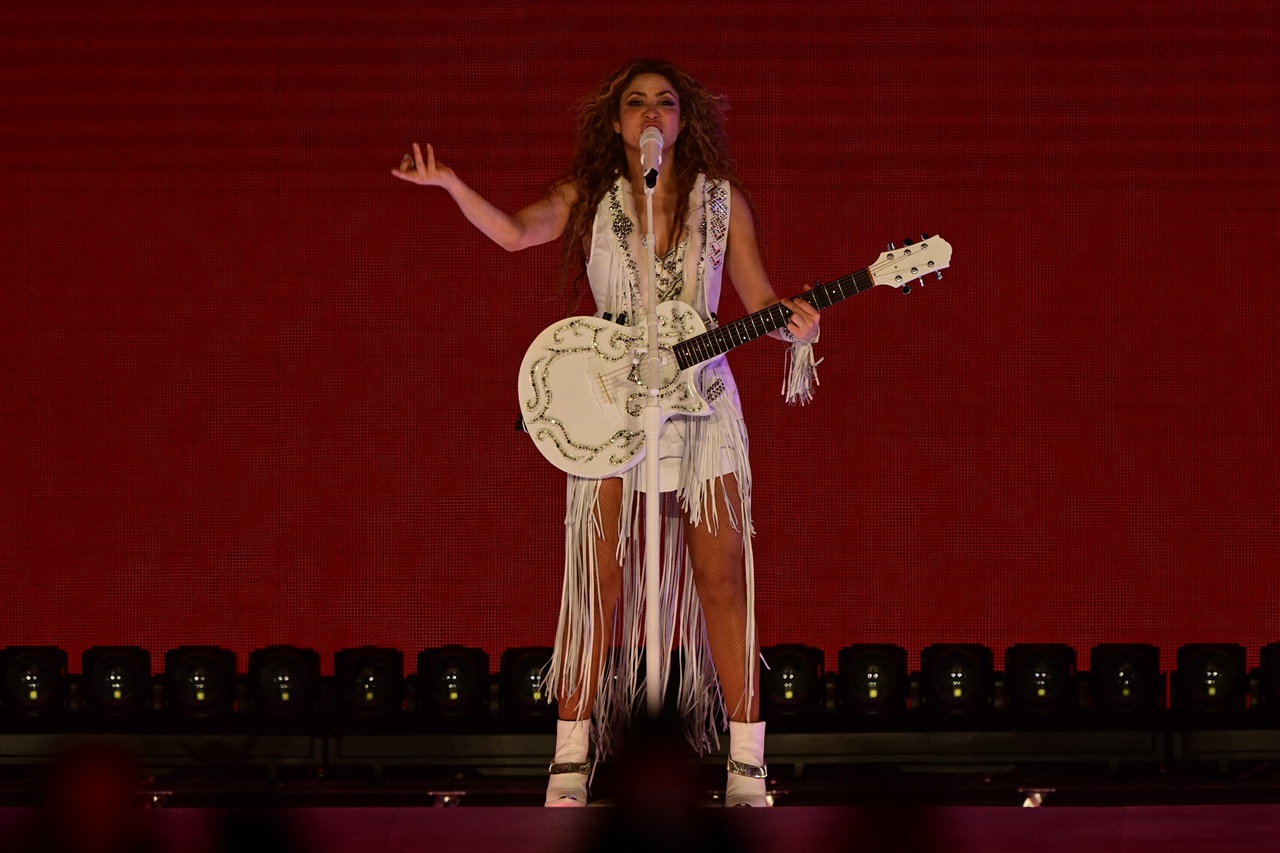
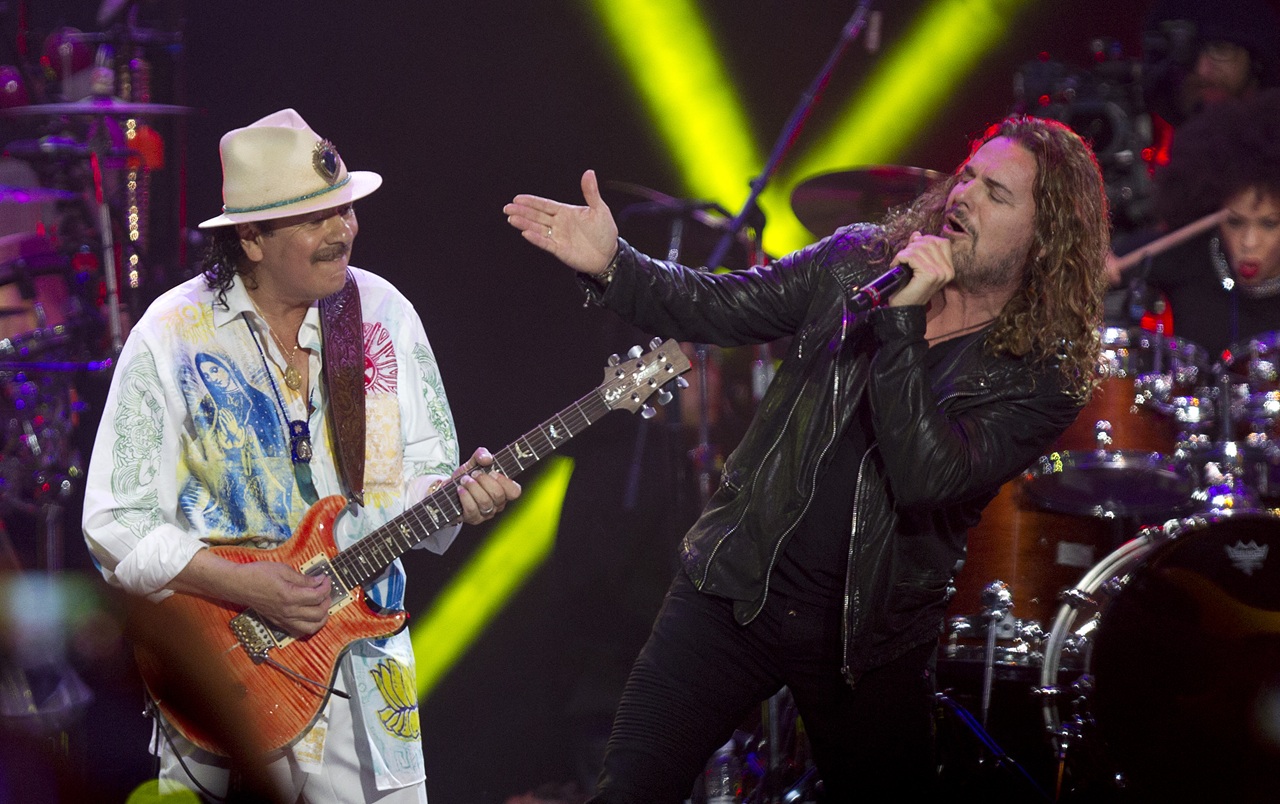

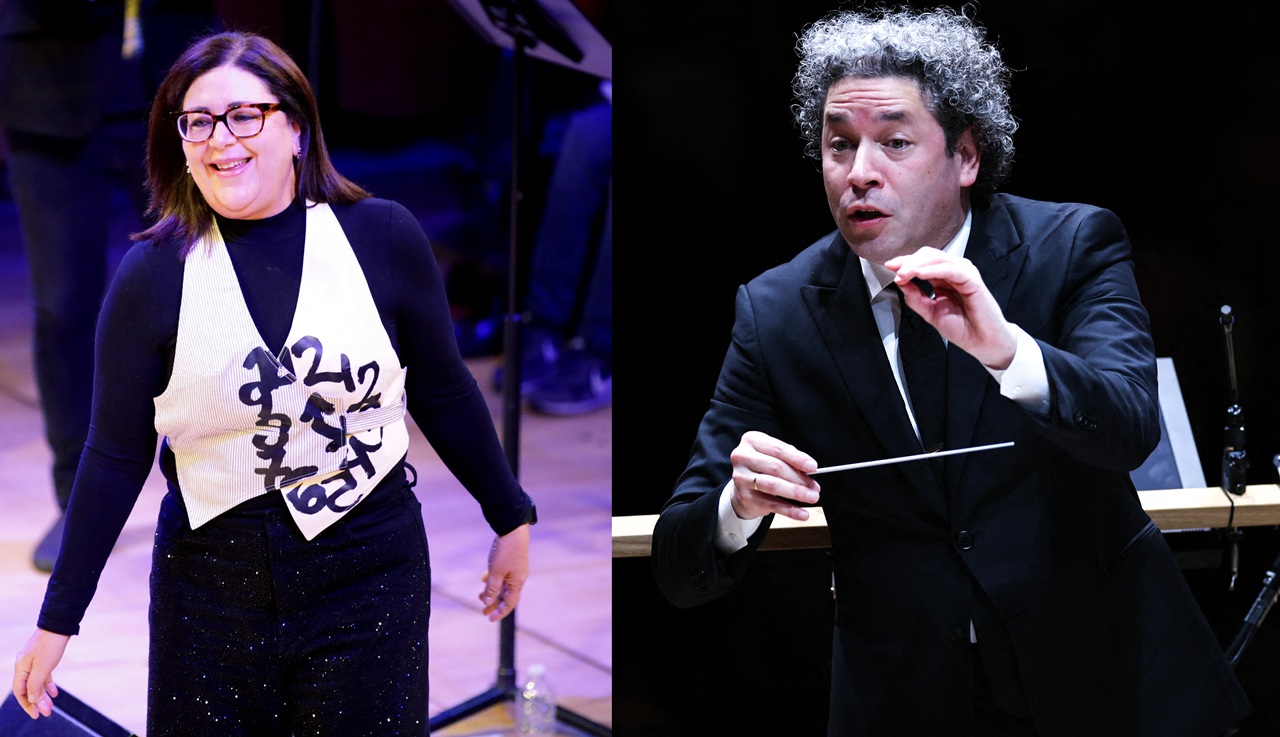

LEAVE A COMMENT: